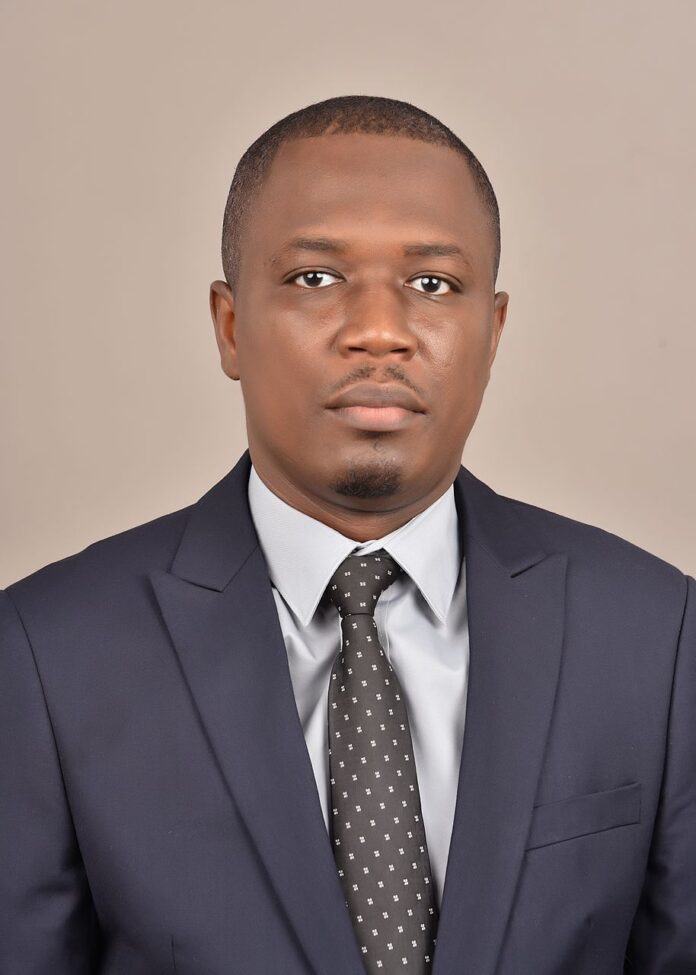Development Economist and Head of Research at the Danquah Institute, Dr. Frank Bannor, has called on labour unions to pursue dialogue with the government rather than resorting to drastic actions such as nationwide strikes in the fight against illegal mining (galamsey).
In an interview on Adom TV Badwam show on Wednesday, October 9, 2024, Dr. Bannor emphasised that while the issue of galamsey remains critical, Organized Labour must prioritize collaborative discussions to address challenges instead of taking extreme measures that could destabilize the economy.
He stressed the importance of engaging in meaningful dialogue to ensure sustainable solutions are reached without undermining the nation’s economic stability.
Labour Unions & the Mining Sector
Dr. Bannor urged labour unions to approach the government for dialogue, warning that escalating tensions or strikes would be counterproductive during such a critical political period.
“Given the upcoming elections, it’s important that labour unions engage in dialogue with the government to resolve their concerns rather than take drastic actions that may destabilize the economy,” Dr. Bannor said.
He referenced past experiences when the issue of illegal mining was at its worst under the previous National Democratic Congress (NDC) government, stating that Organized Labour remained largely silent despite the magnitude of the problem.
“During the NDC/Mahama administration, illegal mining was widespread, and the government’s response was so ineffective that a Minister of State at the time, Hon. Mahama Ayariga, even suggested regularizing illegal mining because he believed there was no way to win the fight. Yet, we didn’t hear a word from organized labour.”
Small-scale mining is an economic lifeline
Dr. Bannor criticized calls for a blanket ban on small-scale mining, describing such moves as economically unwise. “It doesn’t make any economic sense to ban small-scale mining,” he argued.
He highlighted that small-scale mining provides livelihoods for millions of Ghanaians and contributes significantly to the country’s gold production. Dr. Bannor emphasized the need for targeted interventions to curb illegal mining, rather than halting small-scale mining altogether.
He commended the government’s recent decision to collaborate with the Small-Scale Miners Association of Ghana as part of the renewed efforts to combat galamsey. According to him, involving small-scale miners in the fight is a positive step.
“The organized small-scale mining association has artisanal knowledge of where illegal mining activities are happening, and their collaboration with the government is crucial for success.”
Addressing the land tenure system
Dr. Bannor also identified the land tenure system in Ghana as a fundamental issue that contributes to the persistence of illegal mining. He explained that traditional rulers, who control around 80% of the country’s customary land, play a crucial role in land allocation for mining projects. While the Minerals and Mining Act of 2006 grants ownership of all minerals to the state, the involvement of traditional authorities complicates the government’s ability to manage mining operations effectively.
“Traditional rulers have a significant say in the negotiation and allocation of land for development purposes, including mining concessions,” Dr. Bannor added. “Even if a mining license is granted, no operations can begin without securing local approval, and this can slow down the process.”
He cautioned that political repercussions could arise when the government attempts to address land management issues, particularly during election periods. “Any government must be cautious when dealing with land issues, as traditional rulers hold substantial influence over their communities,” he said, adding that this makes the fight against galamsey more politically sensitive.
Political dimensions of galamsey
Dr. Bannor also discussed the broader political implications of illegal mining, recalling President Nana Akufo-Addo’s 2020 declaration that he had placed his presidency on the line to fight galamsey. While the government has introduced several measures to tackle the issue, political opposition has complicated these efforts, according to Dr. Bannor.
He accused the opposition NDC of undermining the government’s initiatives by encouraging illegal miners during the same period.
“The NDC made promises to illegal miners, and to offer them equipment to continue their operations, which only worsened the problem,” he alleged.
Dr. Bannor called for constructive engagement between labour unions and the government and urged caution in addressing the complex issue of illegal mining.
He emphasised the importance of preserving small-scale mining as a critical economic lifeline for millions of Ghanaians.
Source: Bright Philip Donkor

